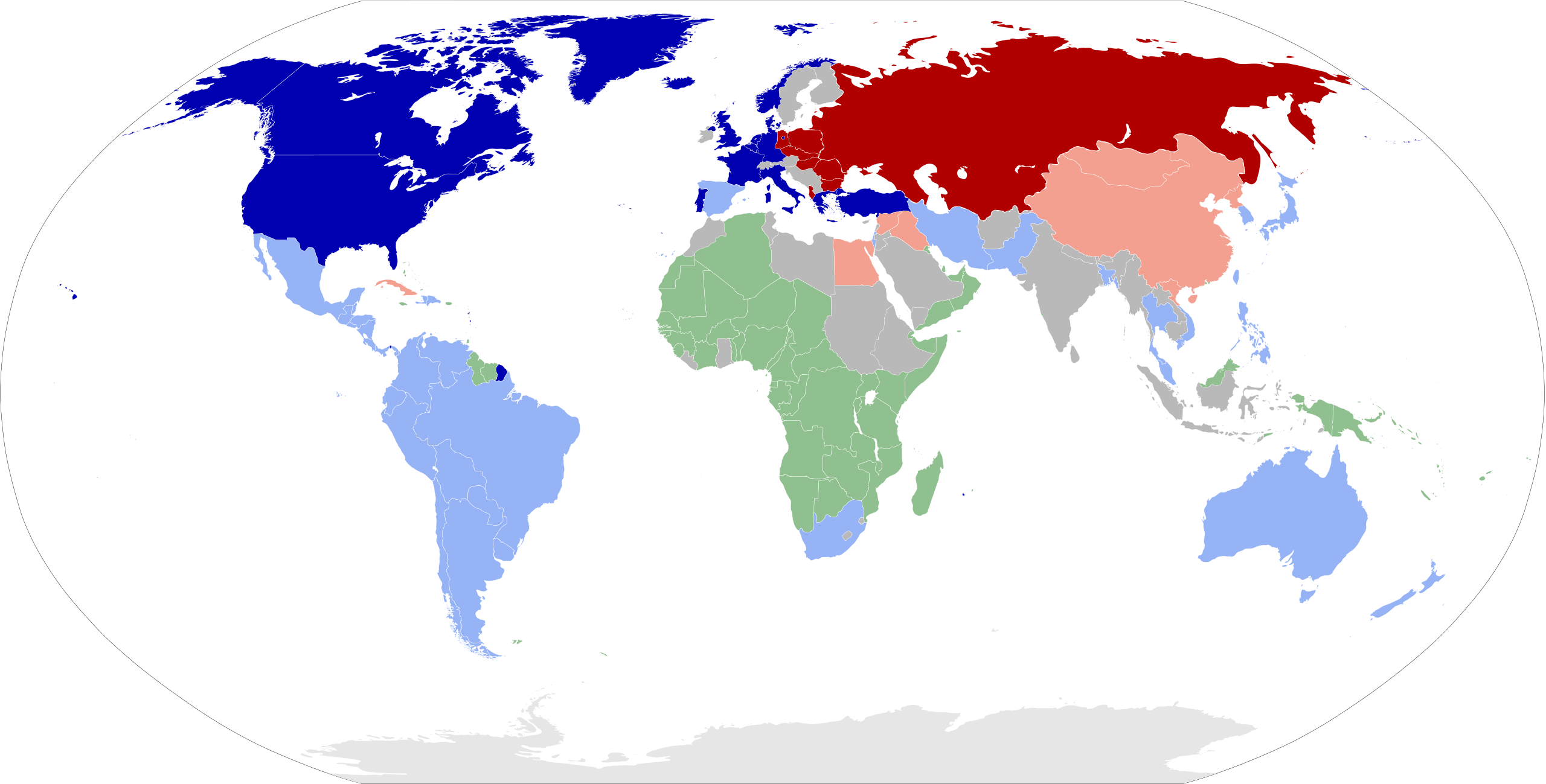
By Solomon A Dersso
During the last Cold War, African nations were trapped in the middle, forced to choose sides as the United States and the Soviet Union sought to expand their respective spheres of influence.
When it ended, Africa was largely left to its own devices; to “fend for itself”, in the words of the late Kofi Annan.
This was no bad thing. The world’s indifference gave African actors the space to assume increasing responsibility for the affairs of the continent. It was in this era that the Organisation of African Union transformed into the African Union, and there was progress on the economic front.
But the pendulum is swinging in the other direction once more. Foreign powers, old and new, are increasing their engagement with the continent.
This trend began in the late 2000s, as the rest of the world realised that the continent’s fast-growing population and its extraordinary natural resources made it a significant geopolitical asset.
Initially, this engagement mostly took the form of financial instruments such as aid, trade, and loans. In recent years, however, it has also been playing out in the security arena: through military training and technical support; arms sales — including drones, which are changing the nature of conflict in some countries; and the establishment of military bases.
At least 13 foreign powers currently maintain some kind of military outpost on the continent: Belgium, China, France, Germany, India, Italy, Japan, Russia, Saudi Arabia, Turkey, the United Arab Emirates, the UK and the US.
- Chamisa under fire over US$120K donation
- Mavhunga puts DeMbare into Chibuku quarterfinals
- Pension funds bet on Cabora Bassa oilfields
- Councils defy govt fire tender directive
Keep Reading
The nature and intensity of this “new scramble for Africa” is all too familiar, and suggests that we are on the brink of a new Cold War — if it hasn’t started already. And this time it might be even more devastating than before, thanks to at least two worrying trends.
The first is the decline in effective leadership by African actors. Despite the persistence of the rhetoric of African solutions for African problems, African actors have shown a lack of resolve, cohesion, readiness and initiative in effectively responding to the various conflicts and fragile and contested transitions from Libya to Somalia, to Mali, Ethiopia and Sudan. Africa is experiencing a period of transactional and fragmented politics bereft of ideological basis and a dearth of pan-African leadership.
The second trend is the dangerous rise in the influence – usually negative — of foreign forces on conflicts and political transitions on the continent.
These conflicts are increasingly becoming theatres for proxy war, in which foreign powers flex their muscles to determine outcomes according to their interests. Take France’s military intervention in the Sahel as an example, or Russia’s involvement in the Central African Republic — neither of which have led to better outcomes on the ground; or the role of “middle” powers such as
Turkey and the UAE in Libya and the Horn of Africa, where the zealous supply and use of lethal weapons, particularly drones, has dramatically intensified the dynamics and costs of the conflicts there.
John Bolton, a national security adviser to former US president Donald Trump, expressed this logic most clearly unveiling America’s “New Africa Strategy” in 2018:
“Great power competitors, namely China and Russia, are rapidly expanding their financial and political influence across Africa,” he said, even as he outlined
America’s plans to expand its own influence. “They are deliberately and aggressively targeting their investments in the region to gain a competitive advantage over the United States.”
Allowing Africa to turn into a playground for big and middle power politics has already had a devastating impact on those who live here. As Ethiopian diplomat Tekeda Alemu warned in 2019, progress towards our development goals “will be thrown out the window if Africa allows the region to be a platform for the rivalry between the major powers that morphs into military activities”.
In 2022, one of the biggest policy challenges facing African actors — including the African Union — is to figure out how to halt and reverse these dangerous trends. The starting point is, of course, to address the leadership gap and the fading commitment to pan Africanism as an organising ideology for mobilisation and collective action.
Pan-Africanism, beyond the disingenuous lip service common today, expressed, as Fanon put it, through “a solidarity of fact, a solidarity of action, a solidarity of concrete in men, in equipment, in money”, is the only way that we are going to survive, never mind thrive in, the new Cold War. ■
Solomon A. Dersso is the Founding Director of Amani Africa, an Addis Ababa-based think tank. — The Continent










